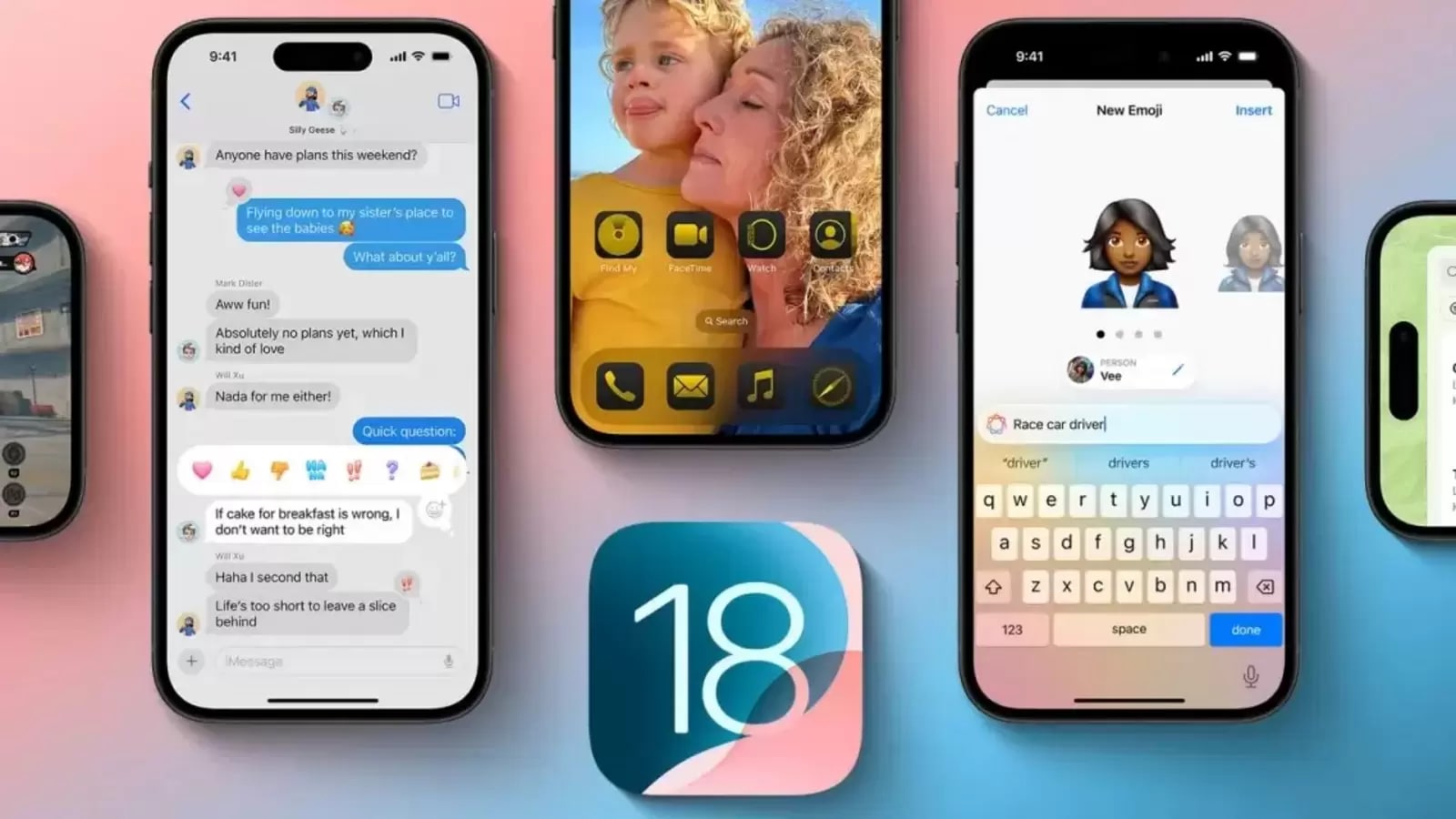- UMG partners with A.I. company KLAY, claiming it will create an “ethical” foundation for AI-generated music that respects copyright and likeness rights.
- The partnership promises not to replace traditional music catalogs but instead to enable new creative avenues in a way that aligns with the music industry’s standards.
What happened
In the latest move toward integrating artificial intelligence into the music world, Universal Music Group (UMG) announced a partnership with a new AI company called KLAY. This partnership, described as “pioneering,” aims to establish an “ethical foundation” for AI-generated music that aligns with copyright law and respects the creative rights of human artists. KLAY’s mission involves creating a Large Music Model that it claims will “revolutionize” the way we experience music. The company is setting out to develop a global platform that supports AI-driven music experiences without competing directly with artists’ traditional catalogs.
Also read: Penguin Random House blocks AI training on its books
Also read: Adobe to launch generative AI video creation tool later this year
According to KLAY, the platform promises to operate with a strict focus on ethical practices, meaning it will not infringe on the copyright or likeness rights of artists. Instead, it plans to bolster new forms of creativity while ensuring proper attribution for artists. This ethical stance seems timely as generative A.I. has stirred considerable controversy over its potential for plagiarism, especially as music A.I. models grow more sophisticated.
Why this is important
UMG’s latest venture into AI raises a few eyebrows—especially among its own artists. While the company frames its partnership as a way to protect human creativity, some UMG-signed artists are vocal about their doubts. Patrick Stump of Fall Out Boy remarked on his concerns last year, noting that artistic roles could soon face automation, saying, “I probably won’t get to score movies for very long because they’ll have technology that does that.” Nick Cave, another UMG artist, was more blunt, asserting that artificial intelligence “should just leave songwriting alone.” Hozier also chimed in, calling A.I.-generated content questionable as art, given its lack of human experience—a sentiment he feels strongly enough about to consider striking if it were to become necessary.
On the industry level, this partnership hints at a significant shift. KLAY claims it will not replicate human artistry, yet it’s hard to ignore the inherent tension between AI tech advancements and the traditional role of artists. UMG itself recently raised concerns over A.I. with TikTok, yet now it is diving headlong into the field, potentially blurring the line between supporting human artistry and automating it. Ary Attie, KLAY’s CEO, acknowledged the challenge, stating that KLAY is driven by the ambition to create invisible, mission-critical technology that integrates into daily life. Still, UMG artists might find it ironic that a technology designed to respect their work also poses one of the largest risks to their creative careers.




















 English (US) ·
English (US) ·